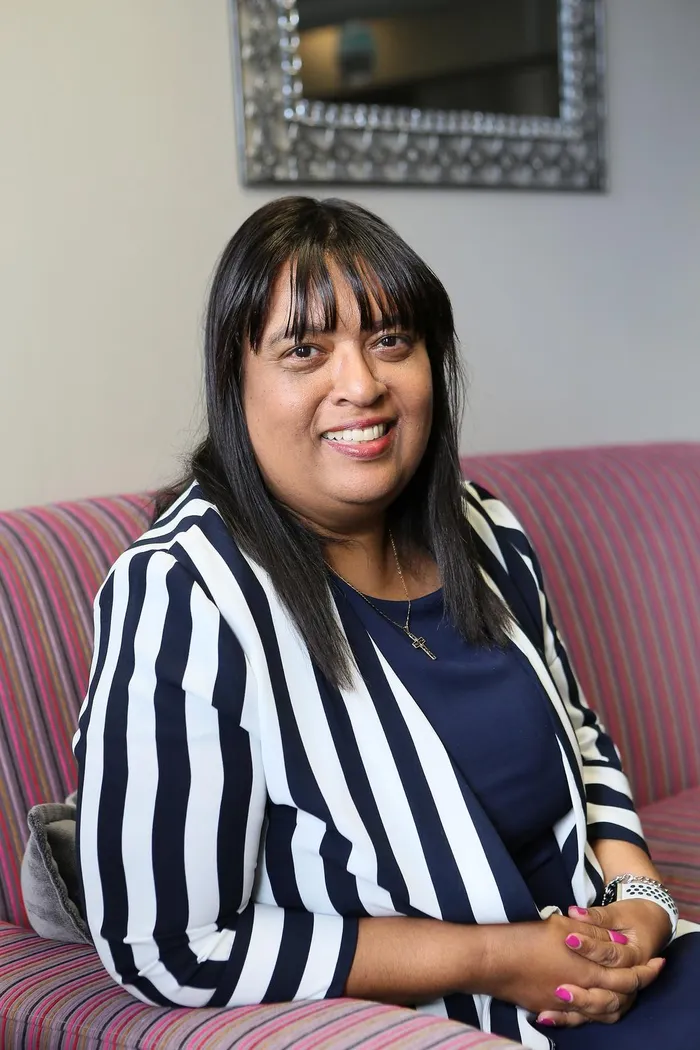Being a coloured woman in South Africa in 2025

If you are not the “right kind” of black, or the “right kind” of woman, your presence is ignored, asks Professor Jose Frantz.
Image: Supplied
It is to live in the in-between—a space where you are never fully seen.
You are not black enough to be prioritized in employment equity statistics, and not white enough to access the unspoken privileges that still linger in post-apartheid South Africa. You are counted as “black” for the sake of national demographic targets, yet when it comes to meaningful opportunities—especially in top leadership roles—you are suddenly just coloured, and therefore not African enough. It’s a painful paradox. I am the same person who stood in protest lines in the 1980s demanding equal education.
The same person who gave birth to a child in 1995 and called him “born free,” believing—naively perhaps—that he would grow up in a country where the burden of colour would no longer define his destiny. I dared to hope that by the time he was an adult, merit would matter more than melanin.
And yet, here I am in 2025, still sidelined. Still told—subtly, systemically—that my skin is not the right shade for transformation. And as a woman of colour, the weight doubles. Because gender adds another layer to this invisibility.
I walk into boardrooms and see the unspoken rules written across faces and policy documents alike: If you are not the "right kind" of black, or the "right kind" of woman, your presence is either tokenised or ignored. The intersection of race and gender does not amplify my voice—it often silences it further.
So what about transformation? Real transformation is not the same as ticking boxes on an employment equity form. A numerical tool cannot liberate the soul of a nation. Transformation is meant to heal, to restore dignity, to normalize what was once distorted. But what we are calling “transformation” in 2025 is too often just a reshuffling of power—not a reimagining of society.
Employment equity was never meant to be the final destination. It was supposed to be a bridge—a tool on the road toward justice. But when it becomes the goal in itself, it turns into a new kind of gatekeeping. One that still excludes. One that still tells people like me that we are either too much or not enough.
Our oppressors once used laws to define our place in society. Today, the very tools meant to liberate us can end up replicating the same dynamics of exclusion—because the power to define still rests in the hands of others. If transformation doesn’t move beyond racial categorization—if it doesn’t get into the heart of institutional culture, of mindsets, of histories acknowledged and reconciled—then we’re not transforming, we’re just shifting the axis of control. Transformation should not mean choosing which group gets to belong. It should mean broadening our understanding of who already does.
This exclusion is not just institutional—it is deeply personal.
It tells me that my sacrifices were not enough. That my history is invisible. That my contributions are discounted not because they are lacking, but because they are uncomfortable to confront. My voice—the same one that fought for justice—is now silenced by the very policies and practices I once hoped would set us free.
So I ask myself: How do I change the narrative?
How do I fight for true equity—one that acknowledges all the complexities of race in South Africa?
How do I create open doors for my children—right here, in the land I love—without telling them that their future lies elsewhere?
This is not about erasing the African experience. It is about broadening our understanding of what it means to be historically marginalized. It is about acknowledging the unique pain, resilience, and identity of the coloured community.
It is about refusing to be erased from a story we helped shape. So when—when—will the narrative of the coloured child change?
When will we stop being the afterthought in national transformation?
When will the fullness of our history, our identity, and our right to belong be recognised—not just in numbers, but in policy, in practice, and in power?
Until then, we will keep pushing. We will keep telling our stories. Because silence has never saved us—and it won’t start now
* Professor Frantz is Deputy Vice-Chancellor: Research and Innovation at UWC.
Cape Argus